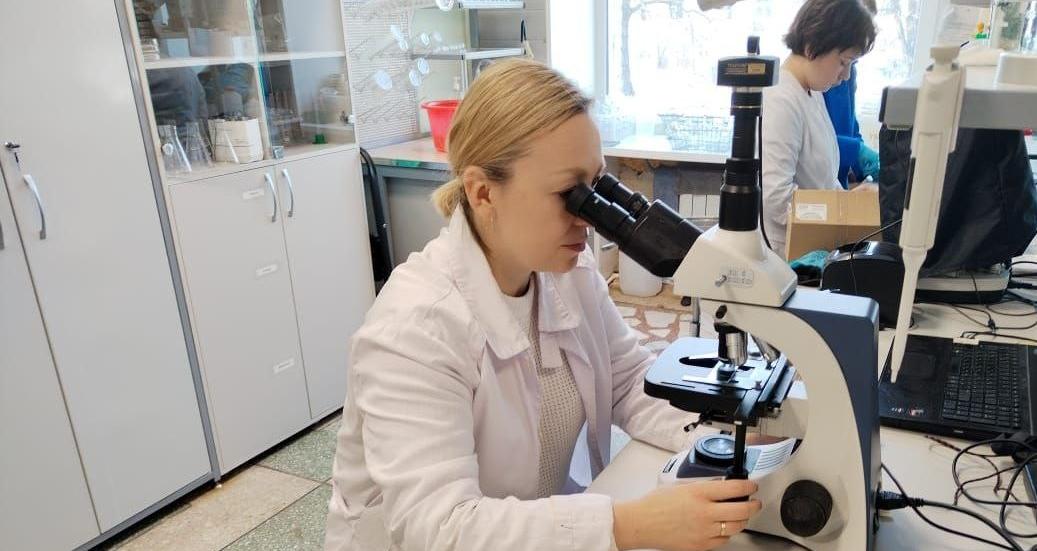A research group fr om the Biological Institute of Tomsk State University has created a biologic medical product that can decompose oil palm waste into safe components. The development proved to be effective: The acid number (an indicator of fat decomposition) was 50 times higher after the bacteria was used. TSU scientists will travel to Indonesia in 2024 to conduct experiments on sediment ponds and test the microbial consortium created that will be decomposing harmful compounds. The project is being implemented by TSU's School of Advanced Engineering Studies Agrobiotech.
Indonesia is the world's leading producer of palm oil. Therefore, utilization of generated and already accumulated waste is crucial. In 2023 TSU and the Sepuluh Nopember Institute of Technology agreed to implement joint projects. As part of one of them, Russian and Indonesian scientists are developing a safe biotechnology for utilizing palm oil and industrial waste as a part of these projects.
"Increasing palm oil production results in a large amount of waste, causing enormous damage to the environment. The success of the project will reduce the toxic load on polluted ecosystems and will allow us to introduce the biotechnological scheme developed to the treatment facilities of cooking oil production not only in Indonesia, but also in other countries," said Anna Gerasimchuk, project leader, head of the Laboratory of Industrial Microbiology at the Agrobiotech.

The project is designed for two years. After obtaining three types of samples from sediment ponds, the scientists isolated 30 bacterial strains and studied which strains were more effective in decomposing harmful compounds from waste in laboratory conditions. The consortium of two strains performed best: Pseudomonas sp. A-CMC-05 and Gordonia sp. A-CMC-11. These bacteria grew well on growth medium that had only oil as organics. The scientists used the acid number to measure the efficiency of the bacterial consortia, and the experiment showed a 50-fold increase in the acid number, indicating degradation.
The project's industrial partner is Darwin Group, which provides the equipment. To effectively clean palm oil from bodies of water, the principle of flotation will also be used, which TSU's unique Aeroschup technology is based on. It will allow lifting oil that has settled to the bottom.
The scientists plan to visit Indonesia in April 2024, wh ere they will put the biologic medical product into the ponds and then evaluate the results. The project will be finalized with the development of a biotechnological scheme for the cleaning bodies of water.
In addition to developing environmentally friendly approaches for palm oil waste utilization, TSU and Sepuluh Nopember Institute of Technology intend to develop two other areas: cleaning coastal marine areas (including ports) from bottom oil pollution and researching the level of micro- and macroplastics in Indonesian water bodies.






